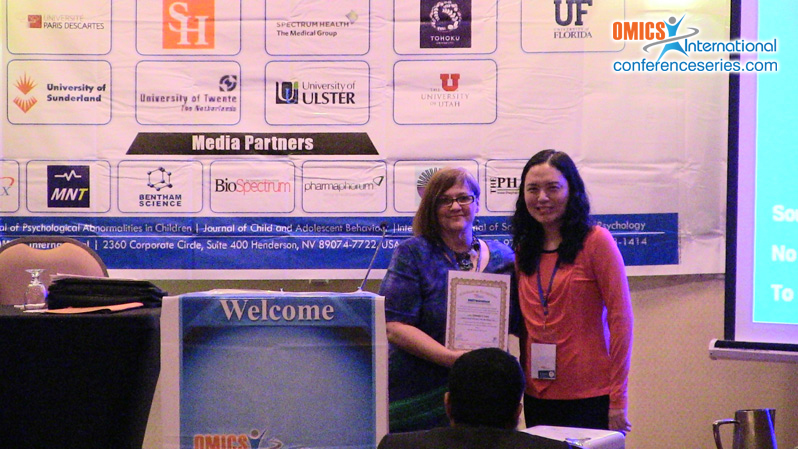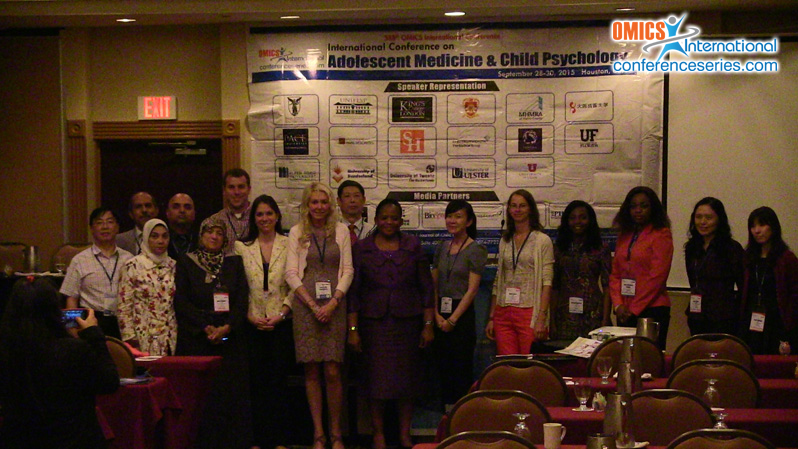
Yolanda C. Leon
American Board of Pediatric Neuropsychology , USA
Title: Family Systems Intervention with Pediatric Neurology and Health Psychology Patients
Biography
Biography: Yolanda C. Leon
Abstract
Family Systems practice in pediatric psychology is a new and scarcely researched field. Clinically relevant and scientifically supported research and evidence based approaches in pediatric psychology have primarily been produced by studies that are disease and disorder specific. There is a significant paucity of established, evidence-based examination of family dynamics and family systems intervention in the clinical practice of pediatric neuropsychology. The present workshop aims to present an overview of the integration of family systems concepts and the influence of context (family system) on development and outcome Of neuropsychological consequences of neurodevelopmental disorders in pediatric neuropsychology. Several models to include consultation, intervention, and collaboration will be presented. Brief case vignettes from our pediatric neuropsychology practice will also be presented to illustrate significant points and concepts. The material presented will be useful for both Neuropsychologists and General Clinicians who work with pediatric neurology patients and their families 3 major learning objectives of program: at the end of the presentation, the attendee should be able to: (1). Understand and implement a systems oriented pediatric psychology consultation treatment model using four tenets of the model (Join, Focus, Promote Competence, and Collaborate) with children with neurological and neurodevelopmental disorders, resulting in development of interventions for home and school, and identification of other resources to support the child patient and the family system. (2) Articulate the benefits of implementing a family systems practice in pediatric neuropsychology and pediatric psychology practice that: a.) is oriented toward family strengths rather than individual psychopathology b.) facilitate understanding of diversity (structures, ethnicity, culture) and their influence on the family, and c.) confront issues of the family system’s connectedness with those outside of the family system as a gauge of the family’s isolation and risk or resilience. d.) Be more culturally competent in their practice with children/adolescents 3 major learning objectives of program: at the end of the presentation, the attendee should be able to: (1). Understand and implement a systems oriented pediatric psychology consultation treatment model using four tenets of the model (Join, Focus, Promote Competence, and Collaborate) with children with neurological and neurodevelopmental disorders, resulting in development of interventions for home and school, and identification of other resources to support the child patient and the family system. (2) Articulate the benefits of implementing a family systems practice in pediatric neuropsychology and pediatric psychology practice that: a.) is oriented toward family strengths rather than individual psychopathology b.) facilitate understanding of diversity (structures, ethnicity, culture) and their influence on the family, and c.) confront issues of the family system’s connectedness with those outside of the family system as a gauge of the family’s isolation and risk or resilience. d.) Be more culturally competent in their practice with children/adolescents
Speaker Presentations
Speaker PPTs Click Here



